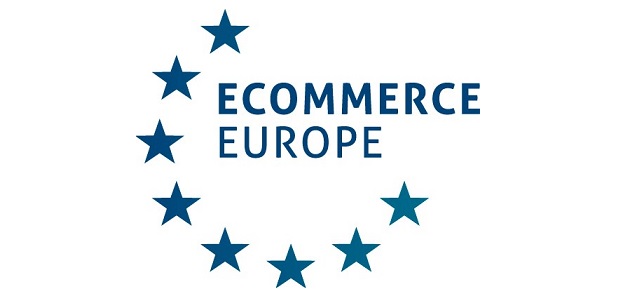JOINT STATEMENT: Businesses concerned by the draft Parcel Delivery Regulation

High European parcel delivery performance is a key driver for success for web merchants and their business models. However, more options are needed, including different offers, alternative, affordable delivery options, more flexibility, more information and greater transparency from delivery service providers. The original proposal of the European Commission for a Regulation on cross-border parcel delivery services had the potential to help create a level playing field for competing parcel delivery operators and thereby – ultimately – for online merchants throughout Europe. Nevertheless, given the more recent legislative developments, the signatories of the statement have specific concerns regarding the draft Regulation.
1. Further extension of the scope and de facto limitation of cross-border parcel delivery to market dominant B2C operators
The draft Compromise Amendments proposed by the European Parliament further increase the regulatory burden by lowering the threshold of the qualification on who is a parcel delivery service provider, including any subsidiaries linked to their undertakings, employing not less than 25 persons, unless that provider is established in more than one member state.
. The signatories of the statement do not support this proposal. We believe that the threshold of 50 persons proposed by the Commission is accurate and balanced.
2. Extension of the scope to other parties (e-merchants) and new transparency obligations for traders
Amendments proposed by the European Parliament: The amendments proposed by the European Parliament extend the scope of the Regulation by introducing the definition of the trader and making the traders subject to certain obligations. The proposed Compromise Amendment CA 7 requires traders to provide detailed information about the delivery options (integration for track and trace, the choice of individual delivery, pick-up, drop-off or collection times) and breakdown of delivery charges. This is an overlap with the obligations under the Consumer Rights Directive (CRD), which requires to provide detailed information about the total price, including all additional freight, delivery or postal charges and any other costs. This amendment goes beyond the CRD, requiring information that is not always available to the trader or burdensome to obtain.
The structure of the delivery costs can be very different depending on the context. For example, costs can be paid after the shipment has been received, on demand, in advance or as a weekly, monthly or yearly flat fee (to mention only a few models currently available in the markets). This diversity is an integral part of the overall competitive e-commerce business model. Traders should be free to keep it confidential as part of the business strategy and competitive positioning. From the consumer’s perspective, the level of the cost is a key driver for the purchase decision (as low as possible) and not the cost structure. Very detailed information about the cost structure will neither provide better choice nor make the price automatically cheaper.
Amendments proposed by the Council of the European Union: The General Approach adopted by the Council on 9 June 2017 includes a new Recital 8a that extends the regulatory oversight to those e-commerce retailers which are “drawing on the collaborative economy and e-commerce platforms”, have more than 50 persons working for it, or are established in more than one member state. This would require e-commerce companies operating across the EU to register or even apply for a postal license, which would likely trigger the obligation to pay into the possible compensation funds for the Universal Service Obligation (USO). We believe that this goes far beyond the Commission’s intentions and will result in additional hurdle and administrative burden on the e-commerce sector.
. The signatories of the statement support a narrow scope of this Regulation, applying only to the USPs. We do not support including the traders in the scope and the additional burdensome transparency obligations which are not likely to bring any tangible results for consumers.
3. Focus on C2C vs B2C
We recognize that the draft Regulation on cross-border parcel delivery services focuses on the publicly available prices. The focus of the proposal is therefore on the B2C SME low volume segment and C2C, setting only limited additional regulatory oversight onto the B2C market. However, extending the scope of the proposed Regulation into the markets up- and downstream of the postal market, including processes necessary to label, sort, consolidate and further pre-sort items containing merchandise, by qualifying these activities as postal services, leads to over regulation and the challenge to better separate markets closely related, such as the freight and transport and logistics markets in the B2B area.
. We support limiting the scope of the Regulation to B2C SME low volume segment and C2C relations.
For more details download the full statement here: Businesses concerned by the draft Parcel Delivery Regulation
Dariusz Mazurkiewicz – CEO at BLIK Polish Payment Standard
Banking 4.0 – „how was the experience for you”
„To be honest I think that Sinaia, your conference, is much better then Davos.”
Many more interesting quotes in the video below:










